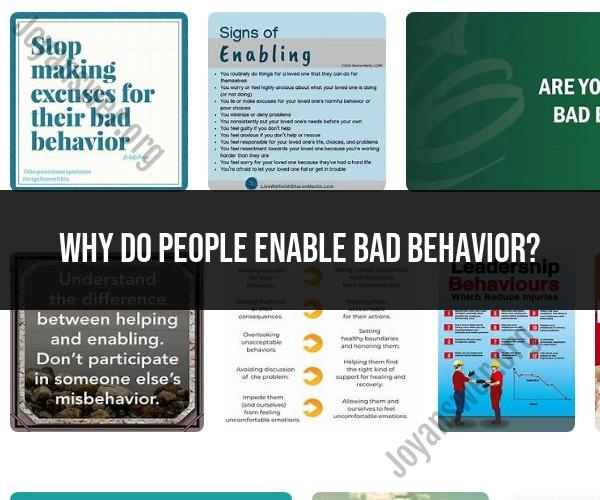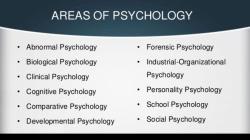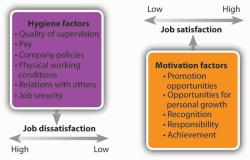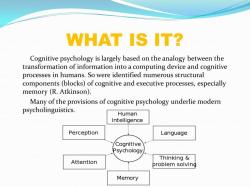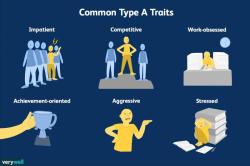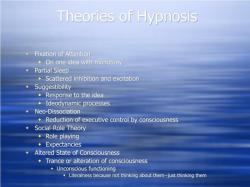Why do people enable bad behavior?
Enabling bad behavior refers to the act of unintentionally or intentionally allowing someone to continue engaging in negative or destructive actions without facing consequences. There are several reasons why people may enable bad behavior:
Empathy and Compassion: People may enable bad behavior out of genuine empathy and compassion for the individual engaging in the negative actions. They may believe that by providing support and understanding, they can help the person overcome their challenges.
Fear of Conflict: Some individuals avoid confrontation or conflict at all costs. They may enable bad behavior to maintain peace in relationships or avoid potentially difficult or uncomfortable conversations.
Low Self-Esteem: People with low self-esteem may believe that they are not worthy of setting boundaries or asserting themselves. They may tolerate bad behavior to avoid rejection or abandonment.
Dependency: In certain cases, individuals may depend on the person engaging in bad behavior for financial, emotional, or physical support. They may enable the behavior to preserve these dependencies.
Codependency: Codependency refers to a dysfunctional relationship where one person's needs are excessively focused on another person's problems. Codependent individuals may enable bad behavior to fulfill their need to care for or rescue the other person.
Cultural or Social Norms: Societal or cultural norms can influence behavior. Some cultures or communities may discourage individuals from intervening in others' lives or may place a strong emphasis on family loyalty, even in the face of bad behavior.
Lack of Awareness: Some people may not fully recognize or understand the extent of the bad behavior, especially if it is subtle or manipulative. They may enable it unintentionally due to a lack of awareness.
Belief in Change: People may have faith that the individual engaging in bad behavior can change or improve over time. They may provide support with the hope of facilitating positive change.
Manipulation or Guilt-Tripping: Individuals who engage in bad behavior may use manipulation tactics or guilt-tripping to coerce others into enabling them. This can make it challenging for enablers to set boundaries.
Misperception of Help: Enablers may genuinely believe that their actions are helping the person in question, even if it is counterproductive in the long run. They may not realize that their enabling behavior is contributing to the problem.
Lack of Alternatives: Some enablers may feel that they have no viable alternatives or resources to address the situation differently. They may believe that enabling is their only option.
It's important to note that enabling behavior, while often well-intentioned, can ultimately perpetuate and escalate negative actions. Over time, it can harm both the person engaging in bad behavior and the enabler. Addressing enabling behavior may require self-awareness, assertiveness, setting boundaries, seeking support or counseling, and, in some cases, interventions to help the individual engaging in bad behavior seek help or change their actions.
Understanding the Psychology of Enabling Bad Behavior
Enabling is a pattern of behavior in which someone provides support or assistance to another person's negative or unhealthy behavior. This can include things like making excuses for them, bailing them out, or minimizing the consequences of their actions.
There are a number of reasons why people enable bad behavior. Some common reasons include:
- Fear: Enablers may be afraid of what will happen if they don't support the other person's behavior. They may fear that the person will get angry, leave them, or harm themselves.
- Love: Enablers may love and care about the other person and want to help them. However, they may not realize that their support is actually enabling the other person's negative behavior.
- Guilt: Enablers may feel guilty if they don't support the other person. They may believe that they are responsible for the other person's happiness and well-being.
- Addiction: If the enabler is struggling with their own addiction, they may be more likely to enable the other person's addiction.
Factors that Contribute to Enabling Negative Conduct
There are a number of factors that can contribute to enabling negative conduct. Some of these factors include:
- Personal history: People who have experienced abuse or neglect in their own lives may be more likely to enable bad behavior in others.
- Mental health: People with certain mental health conditions, such as anxiety or depression, may be more likely to enable bad behavior in others.
- Substance abuse: People who are struggling with substance abuse may be more likely to enable bad behavior in others.
- Culture: Certain cultures may be more tolerant of enabling behavior than others.
Breaking the Cycle: Strategies to Stop Enabling Unhealthy Behavior
If you are concerned that you may be enabling someone's bad behavior, there are a number of things you can do to break the cycle:
- Educate yourself: Learn about the psychology of enabling and the factors that contribute to it. The more you understand enabling, the better equipped you will be to stop it.
- Set boundaries: It is important to set boundaries with the person you are enabling. This means clearly communicating what you are and are not willing to do to support their behavior.
- Seek support: If you are struggling to stop enabling, talk to a trusted friend, family member, or therapist. They can provide you with support and guidance.
It is important to remember that you cannot force someone to change their behavior. However, by setting boundaries and seeking support, you can stop enabling their behavior and encourage them to get the help they need.
Here are some additional tips for breaking the cycle of enabling:
- Don't make excuses for their behavior. This includes minimizing the consequences of their actions or trying to find reasons why their behavior is acceptable.
- Don't bail them out. This means not giving them money, helping them to clean up their messes, or covering for them when they make mistakes.
- Don't try to control them. You cannot force someone to change their behavior. However, you can set boundaries and let them know what you will and will not tolerate.
- Focus on your own needs. It is important to take care of yourself and your own needs when you are trying to stop enabling someone else. Make sure you are getting enough sleep, eating healthy foods, and exercising regularly.
It is also important to remember that you are not alone. There are many people who have struggled with enabling and have been able to break the cycle. If you are struggling, please reach out for help. There are many resources available to support you.
